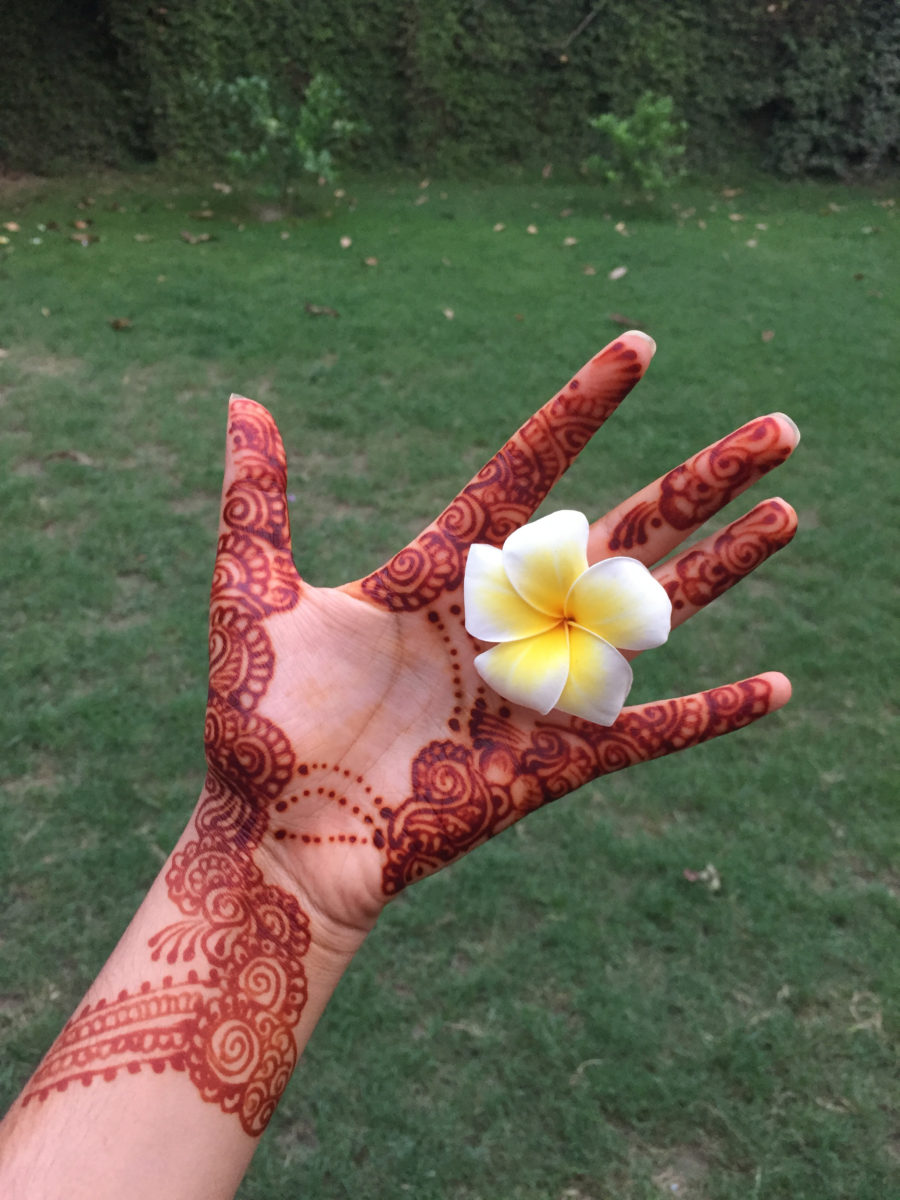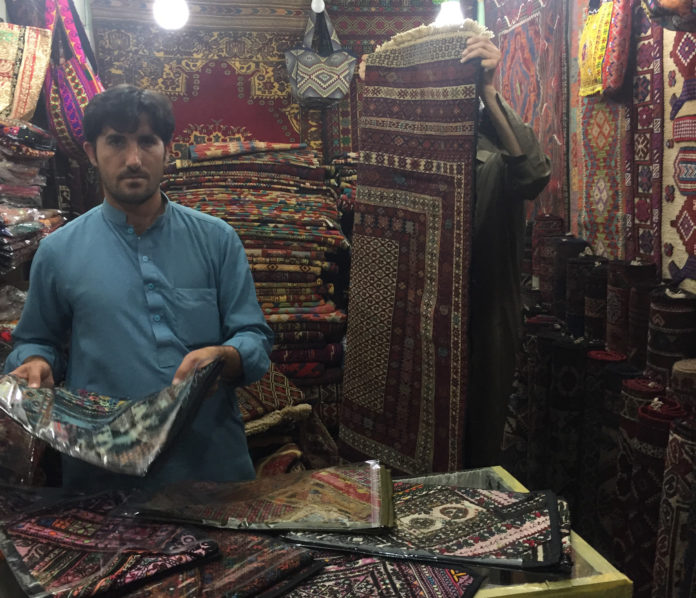I’m not the person I was one month ago.
I poured over the reality of the 33 million people adrift or dead who spoke my language — a population nearly that of Canada crushed beneath glaciers, their lives now rotted floodwater.
My body was nauseous, my anger articulate. I had felt Pakistan vividly then.
I had said smart things then. I was political, human, concise. I talked about Ukraine plastered over mainstream media, the Queen clogging public consciousness and the people around me in a happy buzz about the Harvest Music Festival.
My isolation could not have been fiercer and my muteness more venomous. I felt disembodied, barely an individual.
This is what it means to be “from” a place: to mourn its pain by sacrificing identity and filling the gap with facts for anyone who will listen. It’s an all-consuming clarity.
The victims of Pakistan’s climate apartheid are not my family, not my friends, not anyone I remotely know. But they could have been. I bonded with them unbearably.
I sat through courses and assignments, bonding unbearably into a void while the University of New Brunswick lowered its flags, expressing its “thoughts and sympathies” to the Royal Family.
When The Aquinian published a piece about Pakistan, I was shocked and relieved. I felt seen. It was a problem that something as elementary as acknowledgement became a rare feeling. I feel this, and I am not one of the 33 million people begging for aid.
But that was a month ago. Now, I’m in a different place.
Now, I feel nothing.
I flip through headlines and footage of the floods trying to resuscitate myself, but the numbers are digits followed by hypnotically long zeros. The drowned and the diseased seem fictional and my eyes glaze over.
My humanity has expired.
I sip my coffee and go to class. I stress about my midterms and sleep deprivation and grad school applications. I stress about writing about Pakistan with a heart that is now empty.
The truth is, the world goes on. Humans adapt, compartmentalize and forget. I am no stranger to this momentum that blazes and dies in a matter of months.
The reflex of pain is not honourable if it cannot be sustained. I run in circles trying to find a way to prolong its life. It never works; my brain chemicals lapse back to my privileged norms. They lie in wait for the next shock.
Adaptation is an instinct. I accept this. I will abandon the words “sensitized” and “desensitized” as they don’t reflect principles, but the limits of our biology. No one can sustain infinite momentum, much as they seek feeling — to prove their morality to themselves.

I cannot rage at the world for feeling nothing for Pakistan when I cannot even sustain it myself.
What I can sustain, however, is knowledge.
I read. I research. I take notes. I fill myself with other peoples’ realities. I believe, eventually, the facts will become me and I will be different for it; the same way we gradually grow with the people in our lives without realizing.
In the Pakistani province of Sindh, two friends, waist-deep in flood, were hauled onto a rescue boat. Their third friend slipped and drowned right before the boat arrived.
An elderly woman wailed because a piece of a building thrown by flood fell on her leg and four people carried her out of the water, themselves drenched.
A family refused to abandon cattle clustered on a patch of water-flanked land because it was all they’d ever known.
Young boys spend their days apathetically staring at the water, their school books taken by the floods.
A sobbing man left his family at the flanks of a flood and ventured on a lifeboat to scavenge for food to bring home, worried he won’t reunite with them.
There are 33 million stories like this.
I know that if I read 1,000 stories a day, it would take me 90 years to commemorate everyone.
And I would do it, too.
This is how I mourn. This is how I cope. I make the oppressed a piece of me. I give them voice and narrative inside my life.

